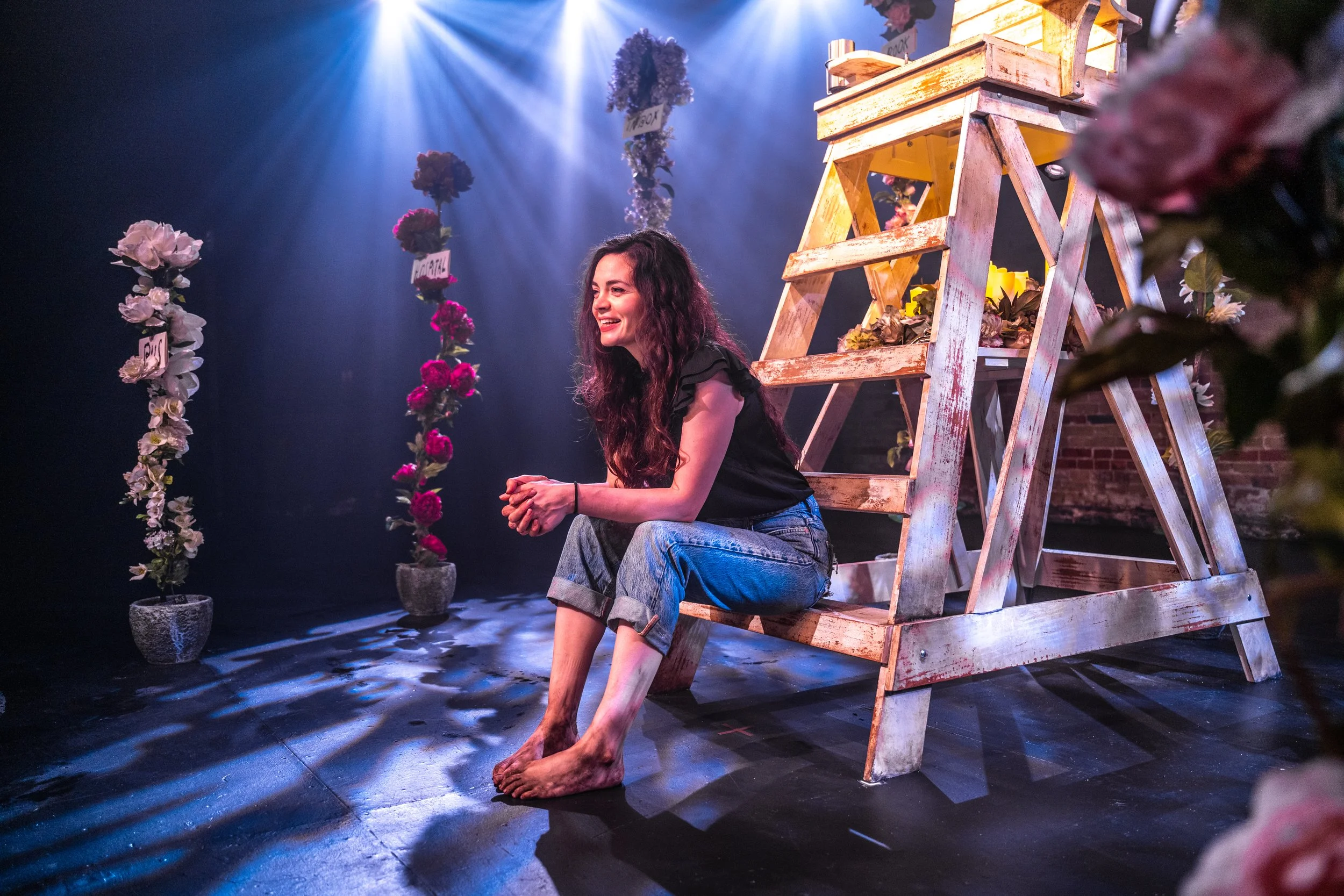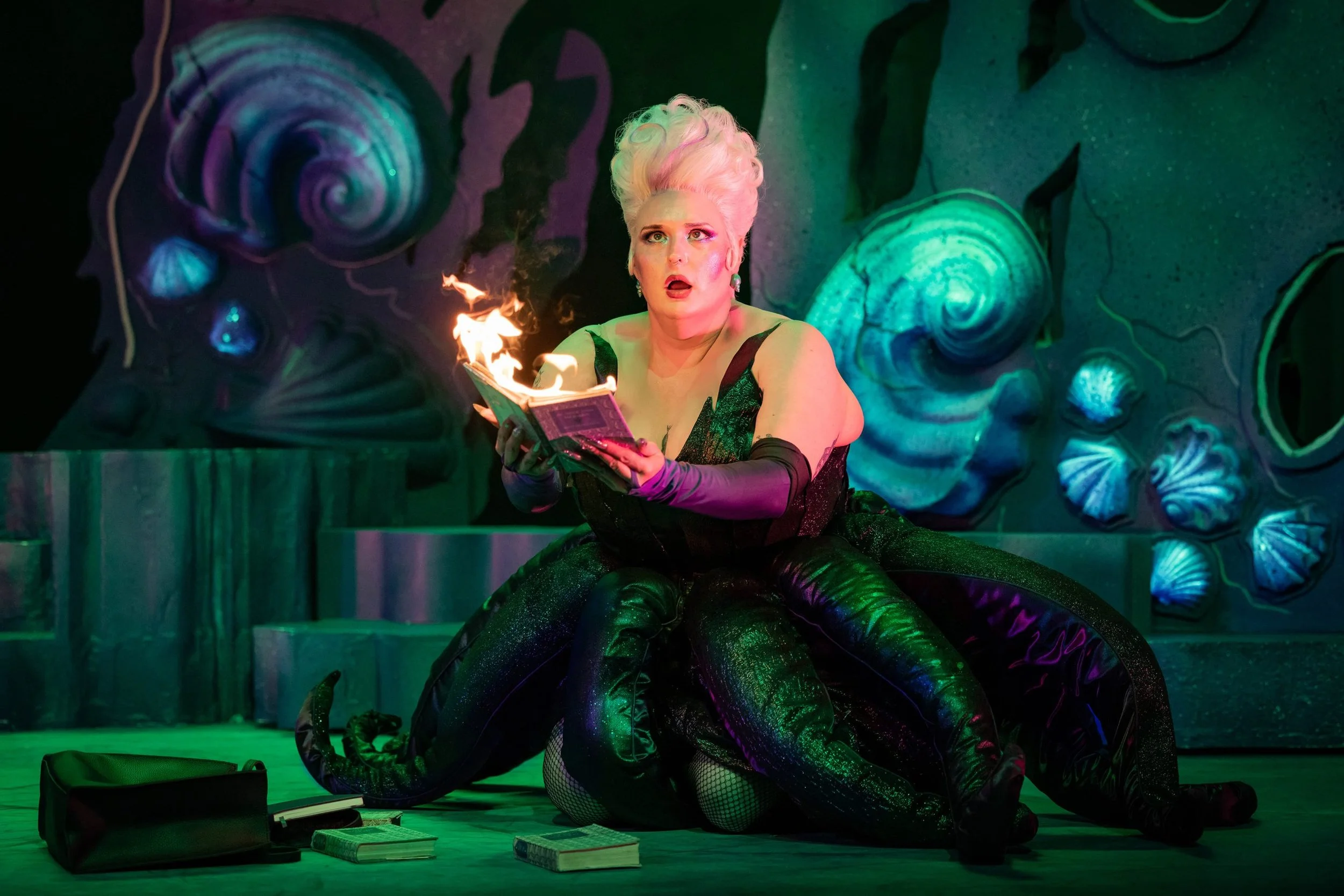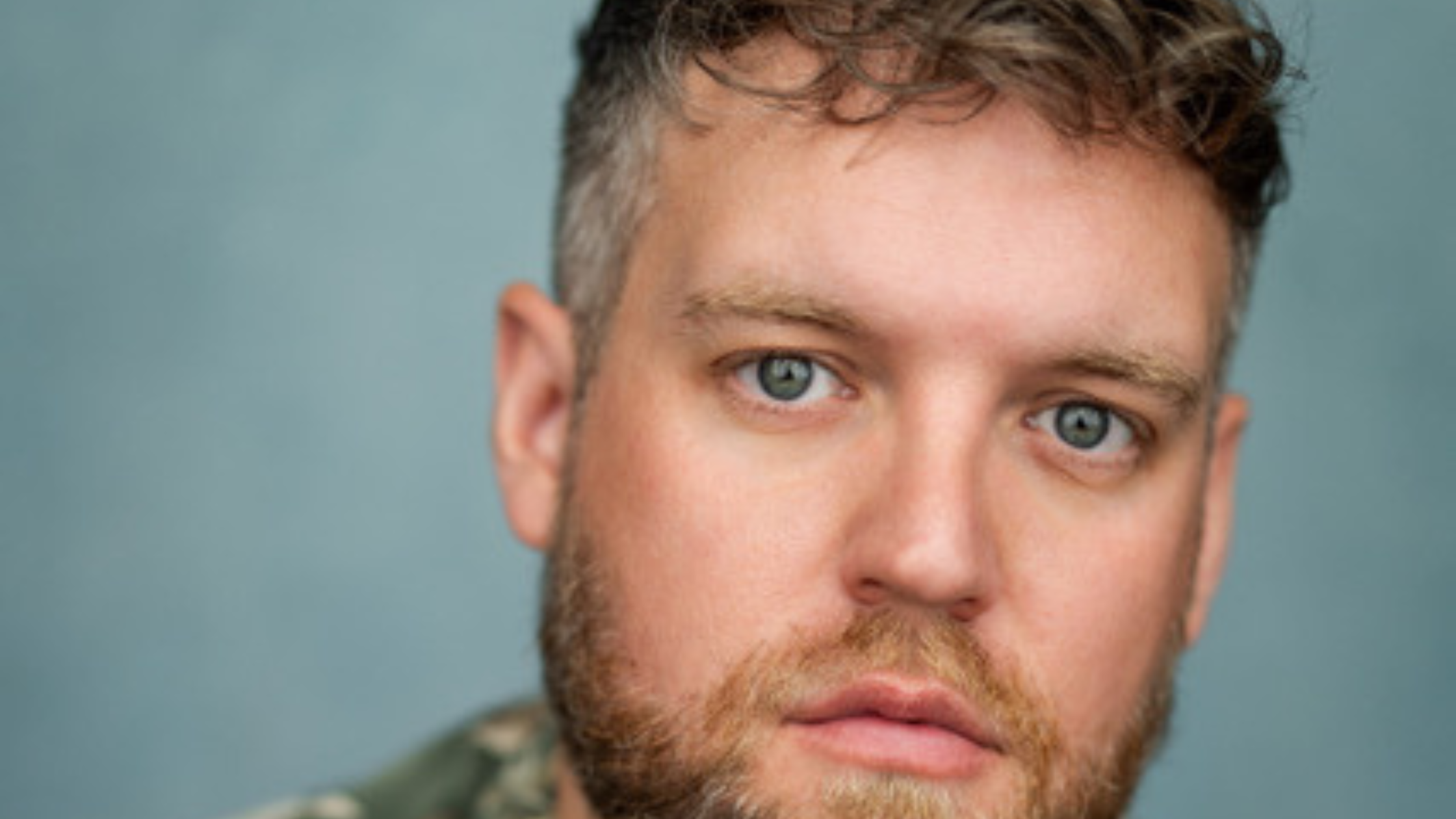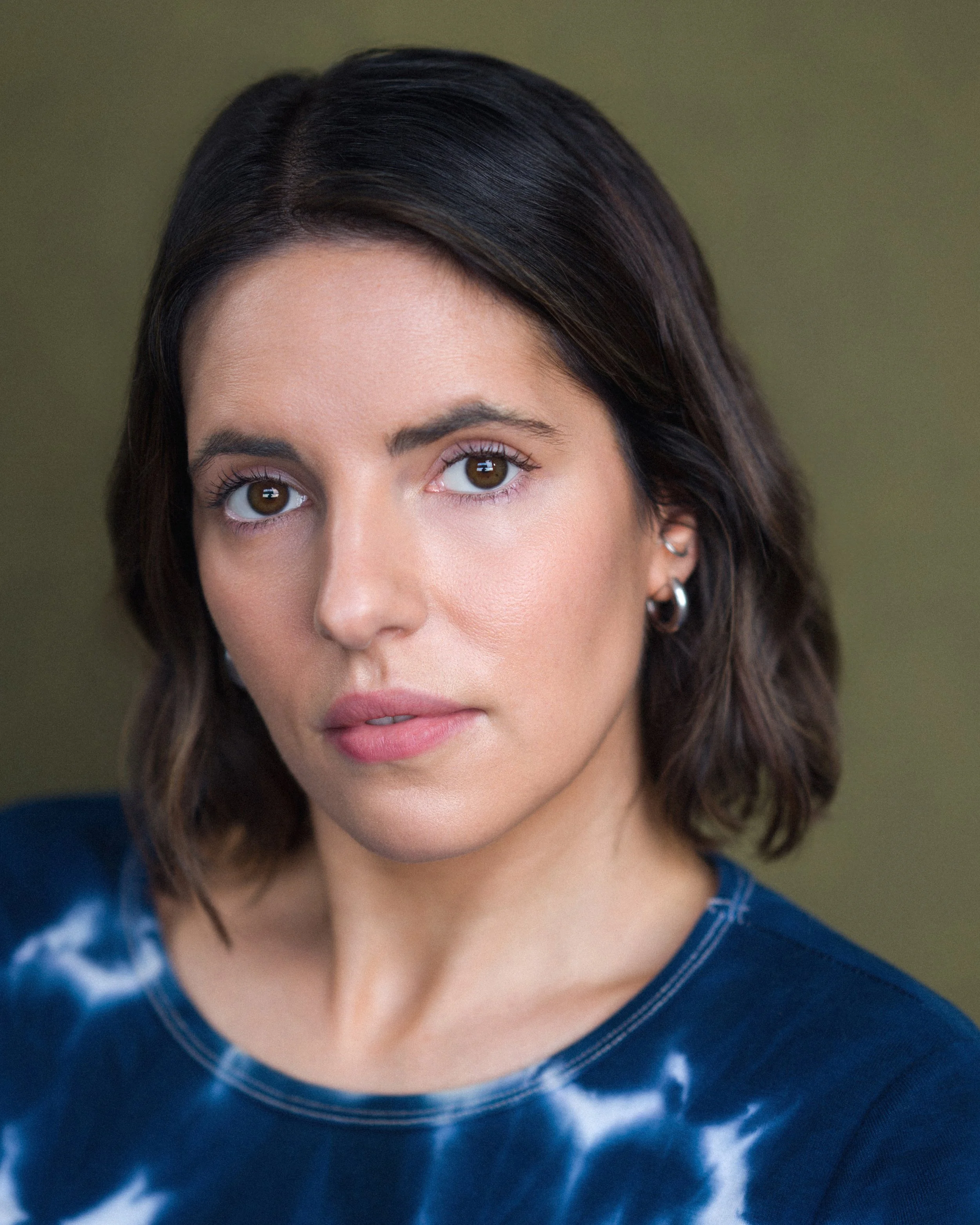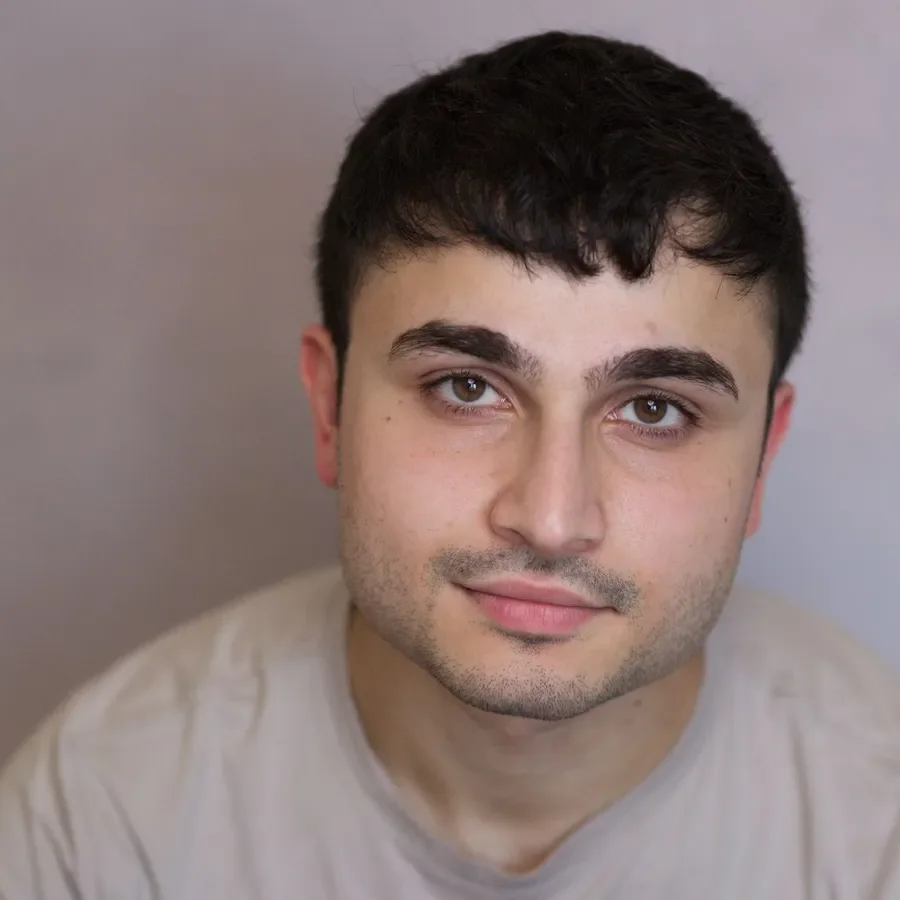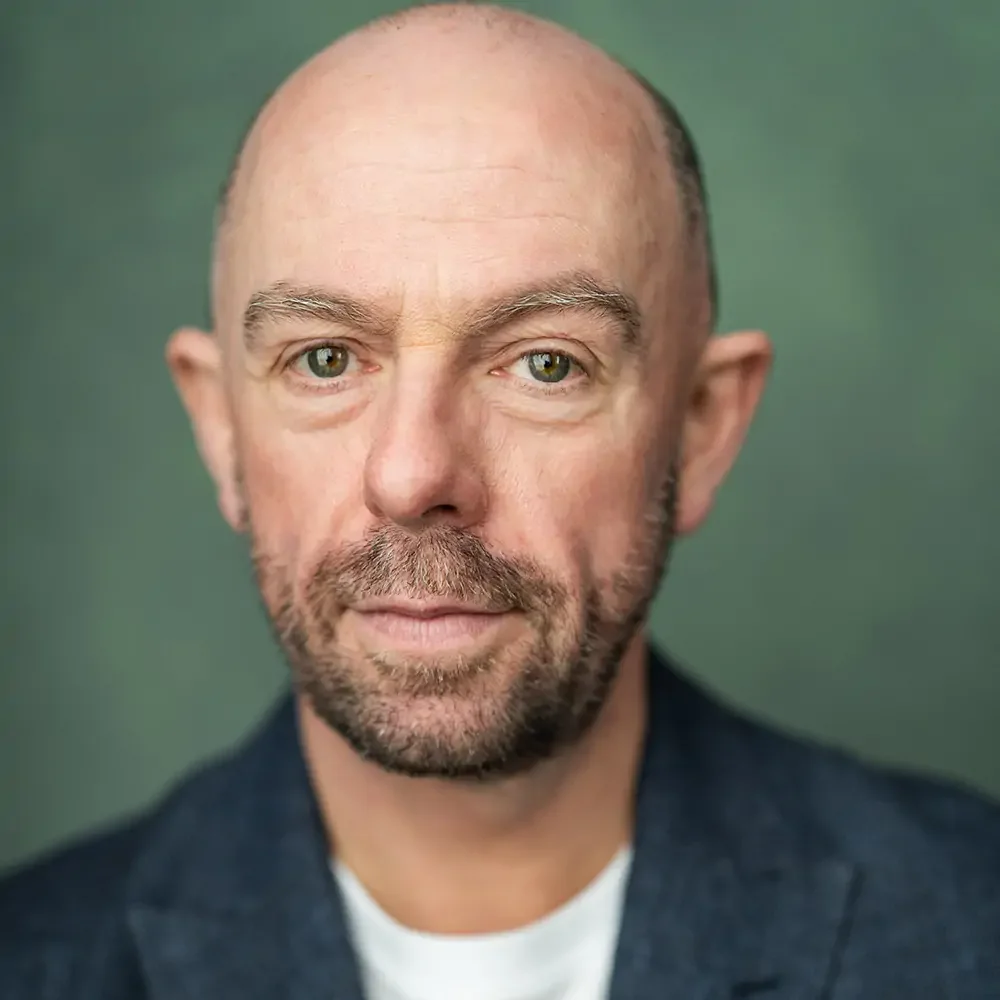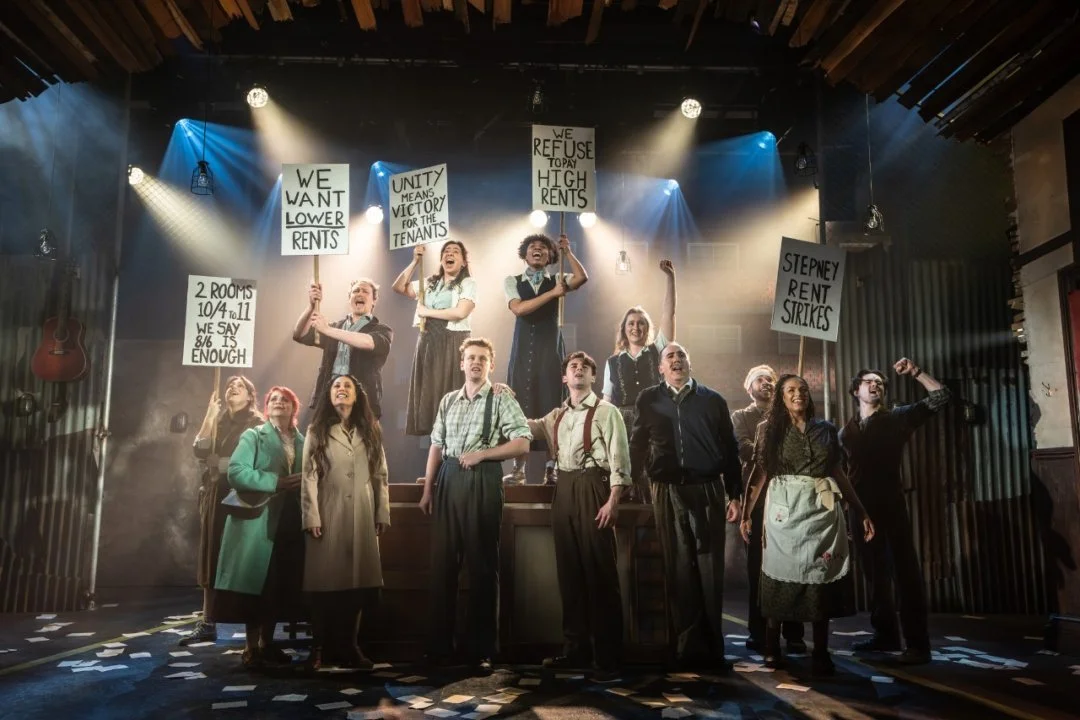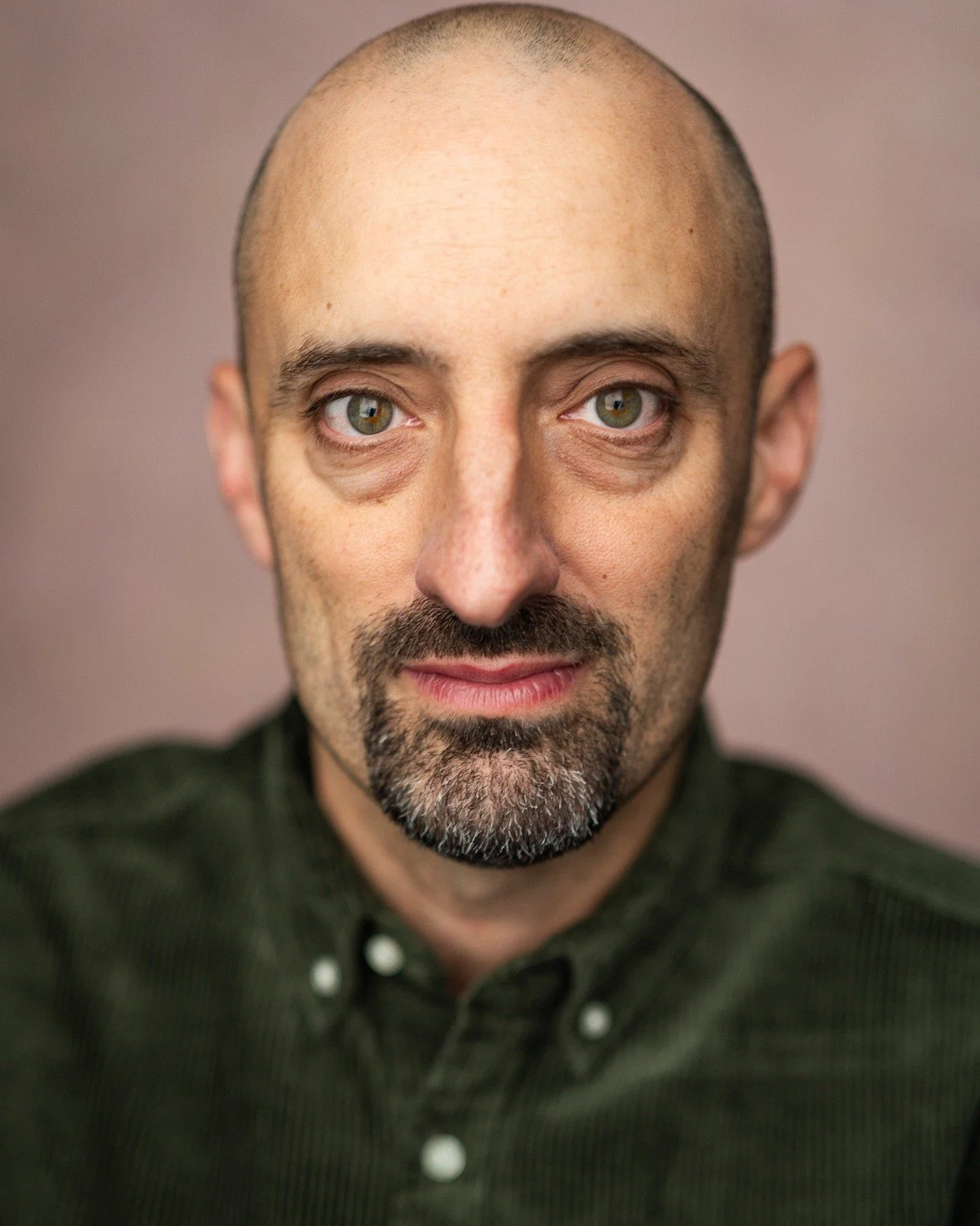Interview with Dr Jessi Parrott, Performer/Creative/Researcher with Cerebral Palsy
Dr Jessi Parrott chats with Emmie for an insight as a disabled person in the creative industry. To start with I asked Jessi to introduce herself to our readers..
I’m a creative and performer – of both my own and other people’s work – and a playwright, poet, trainer, facilitator and consultant. When making my own creative work, I’m especially interested in exploring the intersections of disabled, queer and trans identities, through my experiences as a non-binary and queer powered wheelchair user. I’m also a researcher, and now specialise in disability and employment in the arts. In all my work, I’m passionate about holding space for other artists, and I advocate for the creative industries to become more equitable, inclusive and accessible.
Hey Jessi, to start with can you tell me a little bit about your journey into the industry, so what inspired you?
Hullo Emmie! I first got into the arts through doing wheelchair dance as a young person, and then as my body changed as I got older I went on to study theatre, and eventually work in it! What inspired me was a combination of the creative possibility of storytelling – whether through words, movement, or both – and the collaborative experience of bringing that to life on stage. I was also massively shaped by the opportunity to work with both disabled- and non-disabled led organisations supporting young people in the arts, from my local youth theatre (Hampstead Theatre’s Heat and Light Company, now very sadly closed) to national companies like Graeae Theatre Company and Candoco Dance Company’s youth company, Cando2 – so it feels really important to shout out to them here.
What I found interesting from learning about you was that your PhD was on disability casting conventions in UK theatre and TV, what was one of the most stark realisations which came from that?
Ooh, this is a tough one, because I learnt so much from the people who were generous enough to give me their time in interviews, and who were at different stages in their careers. But I think the overarching theme was the connection between representation and recruitment – or the connection between the types of stories being told and who gets employed to tell those stories, whether writers, performers or other creatives. Because the arts play a huge part in helping us make sense of living in society, and of our identities. So it is essential for everyone to be able to find people like them on stage and screen, telling stories that they can relate to, in order to feel understood and valued, both in society and in the creative industries.
There are definitely huge barriers for people who are disabled, whether neurologically or physically - what are some of the biggest challenges you witness that don't seem to get enough attention?
As a wheelchair user, I could chat for hours about the barriers of the built environment; things like older buildings, inadequate ramps or lifts in both front of house and backstage areas (if there are any at all!). Also, as someone who needs assistance with all aspects of daily living – including work – I could go into detail on attitudes around reasonable adjustments, particularly creative access support workers (who are essential for me physically, as well as for things like sensory overload or processing issues). But, for the purposes of this interview, I think the biggest barrier I’ll mention is the fact that often (especially in the wider industries) there are still quite limited ideas around what it means to be deaf, disabled and neurodivergent. This can lead to a lack of opportunities for people who don’t fit into those stereotypes, as well as a lack of authentic storytelling. This is even more true for deaf, disabled and neurodivergent creatives who are multiply marginalised (for instance, who also experience racism, or are part of the LGBTQIA+ community).
Have you seen any examples of where the industry is getting better at integrating disabled people into their organisations or work?
There are lots of examples, both in opportunities I’ve had and shows I’ve watched, and they are (thankfully) increasing in the wider industries now – but the most important shifts are in the culture and attitudes of the creative industries. So, rather than mention specific productions, I think it’s important to examine some of the ways these shifts are happening, and I’ve picked three.
The first is creativity, and involves companies considering inclusion and accessibility as things that are artistically interesting. This can mean integrating British Sign Language, captioning and audio description into the fabric of their productions and as part of the creative process, or exploring how, for instance, the way a wheelchair user moves might enhance their character’s perspective on, or engagement with, the world of a show. The second aspect is collaboration – understanding that theatre is an inherently collaborative art form, and embracing the fact that it is a team effort. This allows space for a whole range of things people need in order to be able to work together, from creative access support to pacing, breaks, advance notice of schedules and any changes, and a safe opportunity to raise questions, concerns or struggles. It also promotes a collective approach where everyone feels welcome and valued. And the third aspect is joyfulness. For deaf, disabled and neurodivergent people – as well as other marginalised, and multiply marginalised, people – there can often be an expectation to share stories, or work on projects about, the things in our experiences that are difficult and traumatic. And whilst those stories and projects are important, it’s also important to emphasise that we can, and do, have fun! So it’s really refreshing to encounter shows that celebrate the joy of being deaf, disabled and neurodivergent. I’m hopeful we’ll get more and more of those throughout the wider industries.
You are a disabled and neurodivergent person yourself, what has been fundamental for you personally in being able to do the role that you do?
Oh, wow! Another really big question with a lot of answers, so I think I’ll pick three again. One is simple in theory but can be more complex in reality – having my access needs met. This means that (for instance) instead of worrying about whether there’s an accessible toilet at the rehearsal space, or if the venue for an audition is step-free, I can spend my energy on my job as a performer and creative, which is doing justice to the character I’m playing. Two is attitudes – again, simple in theory but often more complex in practice. If people are willing to take my presence in an audition, workshop or rehearsal room as a positive and potentially exciting thing, that’s exciting for me as well, and helps me feel safe. On the subject of feeling safe, three is allyship. And I mean that in the sense that, if non-disabled people in the wider industries are willing to use their positions of privilege to do some of the labour in pushing for change around accessibility and inclusion alongside us, it is a sign that we are wanted. But I also mean it in a practical way – because, without my non-disabled creative support workers, who help me physically access my work, I couldn’t do my job.
Why is it important that theatres and the industry as a whole becomes more inclusive?
So many reasons! But the main one I’ll mention here combines my creative and research perspectives, by going back to the connection between the types of stories that are told in theatre and who gets to tell these stories. One of the fundamental principles of the disability rights movement is “Nothing About Us Without Us” – and, if theatre is supposed to represent us, as humans and societies, to ourselves, then that representation needs to feature deaf, disabled and neurodivergent people too. But it can only do that if the industry, and environments, which theatre is made in are accessible, inclusive and actively welcoming to us! There are deaf, disabled and neurodivergent people (and theatre companies) who have been working at this for decades, and the wider industries are making shifts too – as the Oliviers this year, and in recent years, have wonderfully shown in the case of theatre! But there is still a lot more work to do.
For anyone who is reading this and wants to pursue a career in the industry. What advice would you give them?
The first thing I’d say is try and think of your disability or impairments, and your access needs, as something exciting and filled with creative potential. I know that’s hard, especially because society (and even our own minds) can often tell us the exact opposite and we can get frustrated by barriers. But having fun and finding joy can be radical, particularly in theatre, which is such a playful art form! So it’s worth it. It’s also worth surrounding yourself with people who can remind you of that – which brings me to my second point. In whatever ways are most accessible to you, whether in person or virtually or both, find a community (or communities) of people in the industry who have similar experiences. Perhaps also people who are doing the job or jobs you might like to do. This will help you feel connected to groups of people who “get it”, who you can share struggles and successes with, and let you know you aren’t alone. The third and final point I’d offer is – go for it! Your perspective is unique and valuable and will be an asset to your work as a creative.


